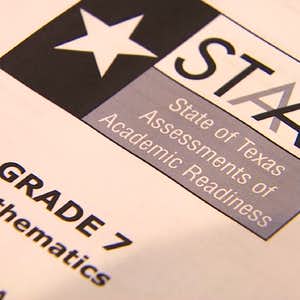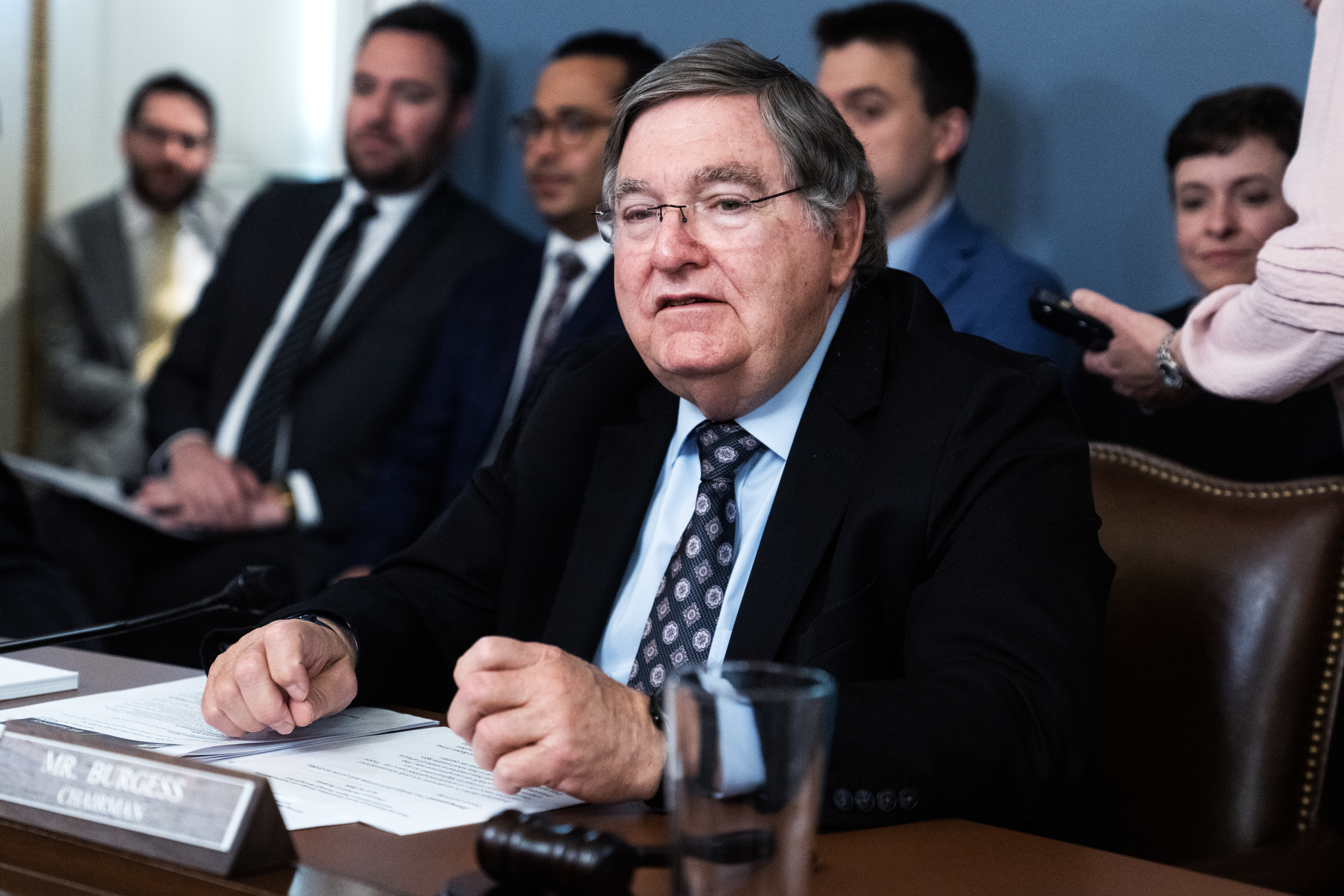UT Southwestern Medical Center is hosting a clinical trial to better understand the best way older adults can handle extreme heat waves, in particular, when they don’t have access to air conditioning.
Participants spend three hours in a chamber that simulates a heat wave, mostly sitting but also cycling for five minutes every 20 minutes to simulate heat generation during activities of daily living.
During the 3-hour period, researchers monitor the participants' hearts, lungs and brain blood flow.
The goal of the trial is to determine whether the struggle of the elderly to regulate their body heat during extremely hot temps leads to more stress on the heart.
Get DFW local news, weather forecasts and entertainment stories to your inbox. Sign up for NBC DFW newsletters.
They also hope to learn whether skin wetting is an effective way of lowering heart stress and body temperatures.
Using a fan may have negative consequences.
"Just the same way that if you put a turkey in an oven and turn on a fan, it's called a convection oven, the turkey cooks faster. The concept would be the same that if we have an older individual and it's 117 degrees, we put a fan on and we're wondering if perhaps they can actually get hotter, faster," said UT Southwestern Internal Medicine Professor Dr. Craig Crandall, who runs a lab at the Institute for Exercise and Environmental Medicine, a collaboration between UT Southwestern and Texas Health Presbyterian Hospital Dallas.
Local
The latest news from around North Texas.
Participant Everett Spaeth, 74, said he was willing to break a sweat to help researchers.
"I saw it either through an email or online and I thought it'd be interesting just to help out the researchers in the study. Then, I thought there might be something of a good health check for me, to make sure all my vitals were good," Spaeth said.
Here is the contact information for anyone interested in participating in the research:
Email: IEEMthermoregulationTHD@texashealth.org
Phone: 214-345-6502




